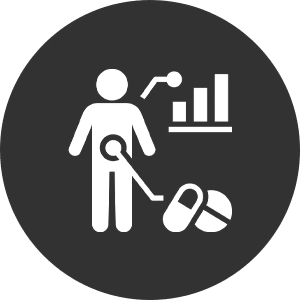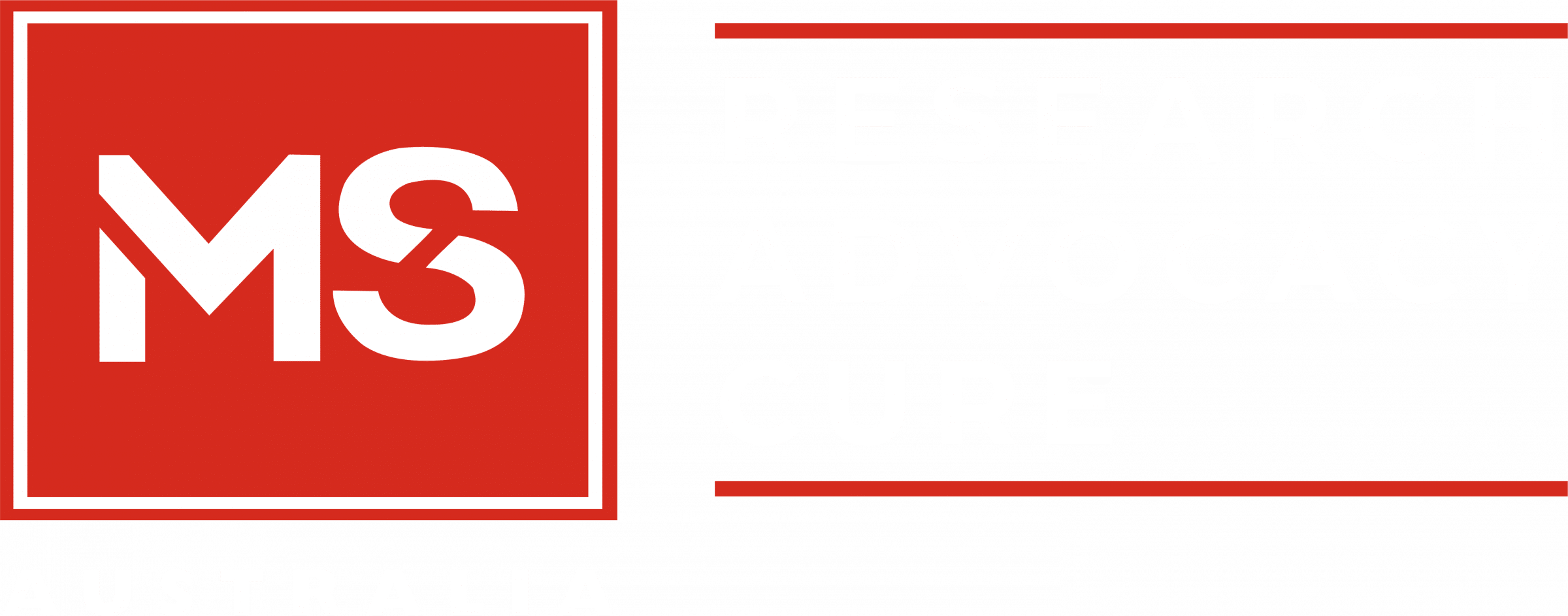
type of intervention
Allied Health

recruitment status
Recruiting

region
WA
type of ms
Primary progressive MS, Relapsing remitting MS, Secondary progressive MS
Multiple sclerosis (MS) is the most frequent neurological disease in young and middle-aged adults in Australia and has a lifelong impact. Abnormalities in gait and balance are common in patients with MS. A number of different mechanisms are known to contribute to recovery from neural injury and relapses in MS. Functional imaging studies suggest that cortical plasticity and reorganization can promote recovery from brain injury in MS (Reddy et al. 2000; Pantano et al. 2002; Rocca et al. 2010, 2002). Balance training is an important rehabilitation intervention for MS patients, and most studies show a small, but significant, effect of physiotherapy on balance in people with multiple sclerosis who have a mild to moderate level of disability (Lord et al. 1998; Cattaneo et al. 2007a; Paltaama et al. 2012). Non-invasive brain stimulation (NIBS) is being increasingly trialled for enhancing brain plasticity after neural injury and shows promising results in patients with stroke, dystonia and Parkinson’s disease (Edwardson et al. 2012; Ridding and Rothwell, 2007). Brain stimulation can be used to excite the brain and promote relearning.
This study aims to recruit MS patients who have mild to moderate difficulty with balance and walking. We will evaluate if brain stimulation (transcranial direct current stimulation – tDCS) added to a structured balance training program will provide added benefit in mobility. This will be in addition to their regular outpatient therapy program prescribed by their physicians.
This study will recruit patients with MS who have mild to moderate impairment of balance and walking. They will be randomly split into two groups: Both groups will complete a structured balance training program (1 hour sessions, 2 days a week for 6 weeks). Group 1 will also receive brain stimulation (tDCS) prior to each balance therapy session, while Group 2 will receive a sham-tDCS session. A physiotherapist who is not involved in the treatment will test each patient’s balance and walking, as well as administering some questionnaires and a cognitive test. These assessments will be done before the treatment commences, immediately after the 6 week program and 6 months, 12 months and 24 months after the initial assessment date.
1. Adults (>18 years old) with definite diagnosis of Multiple Sclerosis (Relapsing Remitting, Secondary Progressive or Primary Progressive)
2. Mild to moderate balance impairment
a. Symptoms of gait or balance impairment (including falls)
b. Medical and physiotherapy assessment suggestive of balance impairment
3. EDSS < 6
a. Able to walk at least 20m, +/ aid (need to be able to complete 10 Meter Walk Test and Dynamic Gait Index)
b. Able to stand independently for at least 10 minutes (to complete the Sensory Organization Test on the Balance Master)
c. Can step up and down 1 step with a maximum of 1 person assist
1. Recent relapse (last 1 month)
2. Significant medical comorbidities that would reduce exercise tolerance and rehabilitation potential such as heart failure, unstable angina etc.
3. Significant psychiatric comorbidities, such as depression, anxiety
4. History of seizures, epilepsy or unexplained loss of consciousness
5. Cognitive impairment
6. Moderate to severe back or lower limb pain
7. Lower limb injury including orthopaedic injuries/complaints precluding participation
8. Presence of magnetically or electrically sensitive implants such as cardiac pacemakers, stimulators and pumps, cochlear implants etc.
9. To minimise potential risks, all participants will be thoroughly screened for tDCS/TMS risk factors twice: prior to enrolment and immediately prior to the experimental session
Already started
Should you have questions about the study please contact:
Claire Tucak at claire.tucak@health.wa.gov.au or 08 6457 0207.
WA
Full details of the trial can be found on the ANZCTR clinical trials database: http://www.ANZCTR.org.au/ACTRN12618001836224.aspx
Yes
15/06/2021

